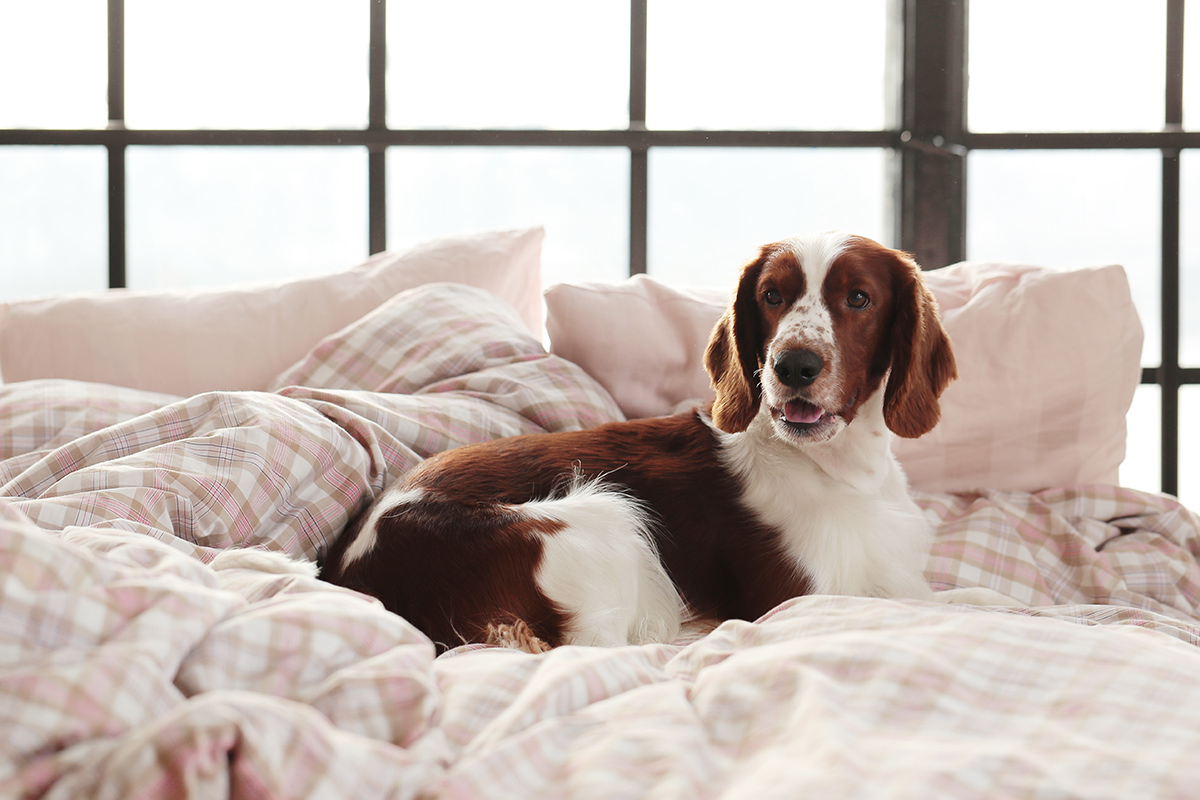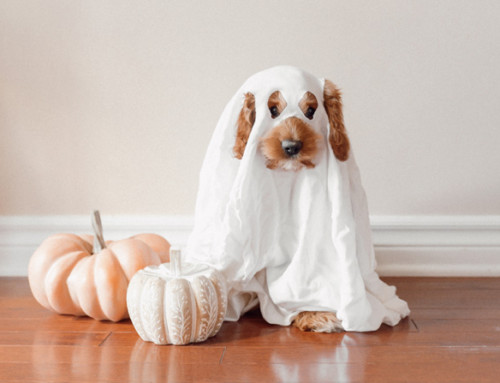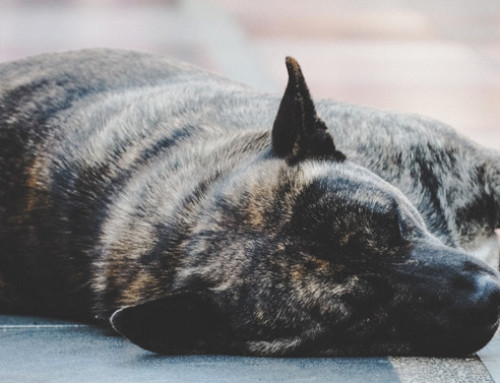Dogs make for wonderful, enriching pets that contribute to a family in a meaningful and profound way.
However, they also smell. And they can smell badly.
Thankfully, this smell is something that can be managed, and by running through these simple tricks for keeping dog smells out of the home, you don’t need to compromise your quality of life in order to enjoy the company of a pet.
1. Keep the home clean
As obvious as this one sounds, dog owners do need to be even more vigilant in maintaining the cleanliness of the home than people who don’t own pets. At the very minimum, the home should be vacuumed and swept every other day, and carpets should be regularly steam cleaned in order to pick up the junk that other cleaning methods don’t grab. Floors should be mopped with a vinegar solution a couple of times per week, and any bedding that a dog uses (be that the dog’s own bedding, a lounge, or your own bed), should be thoroughly washed at least once per week.
2. Look after the dog’s hygiene
A dog should be regularly washed and dried properly in order to keep its fur clean and free of the kind of oils that tend to create that ‘dog stink’. Additionally, a dog with bad breath can fill the house with an unpleasant odour. You should get in the habit of brushing the dog’s teeth daily, and providing it with specialist dental hygiene chew snacks or toys. It’s also a good idea to get the vet to regularly check the dog’s teeth for signs of diseases, which can affect the breath.
3. Baking soda is your friend
For things that can’t be cleaned through conventional washing, one of the handiest remedies for dog smell is baking soda, of all things. For soft fabrics and other materials that you don’t want to put in the washing (or things that are too large to wash), sprinkle baking soda over the material and then leave it to rest overnight before vacuuming it up the next day.
You can even go straight to the source and simply powder the dog itself with baking soda, which won’t hurt the dog one bit and will help to remove stink from the dog itself.
4. Similarly, treat all wooden objects with vinegar
In addition to mopping the floors with a vinegar solution, another thing that dog owners will do to get the smell out of the home is to fill a spray bottle with pure vinegar and then spray it on wooden furniture and the floor. Don’t wipe it off; leave it there, and the liquid will evaporate, taking with it the unpleasant dog odours.
5. Treat the source of the odour itself with good food
Often, dog odour is caused by what’s going on in the dog’s skin or coat, and while it’s impossible to stop this entirely (for the same reason that humans can’t stop themselves from sweating; it’s a natural process), you can control the severity of it. For example, dogs often have dry skin, and a solution to that is fish oil capsules, which then cause an odour. A dash of olive oil in the dog’s food instead can have the same effect in dealing with the dry skin, without the unpleasant-smelling consequences.
6. Be careful with perfumes for carpets and materials
Something quite a few people do is use perfumes on their carpets, lounges, and other material after cleaning, to improve the smell of the room after removing the dog odour. There’s nothing wrong with doing this, of course, but make sure the perfume is pet-friendly. Even if it’s not outright toxic, the perfume might be an irritant to the dog’s skin, which of course will bring the dog odour back even stronger than before.
7. Open windows
The final trick is the easiest piece of advice of all; open the windows and allow that fresh air in. One of the biggest problems with dog smell is that stale air lets the smell settle in and seep into the carpet and furniture. By allowing the circulation of air around the house, a lot of the smell can be removed before it even has the chance to become uncomfortable. Just make sure that the windows are not accessible to the dog itself.
Small steps to a home without the dog smell
Different dogs create odours of different strengths. Dogs with naturally oily skin, such as labradors, for example, tend to create the strongest smells, and dogs with thick natural coats; old english sheepdogs or malamutes, for instance, need to be brushed and bathed with more frequent care because of the potential for dirt, grime, and smells to build up anyway. If you’re particularly sensitive about smell, it might be a better idea to get a dog that creates less of it, but in practice, with a careful eye for cleaning and an understanding of why dogs can be smelly, your dog can remain a vital part of your family.







Leave A Comment